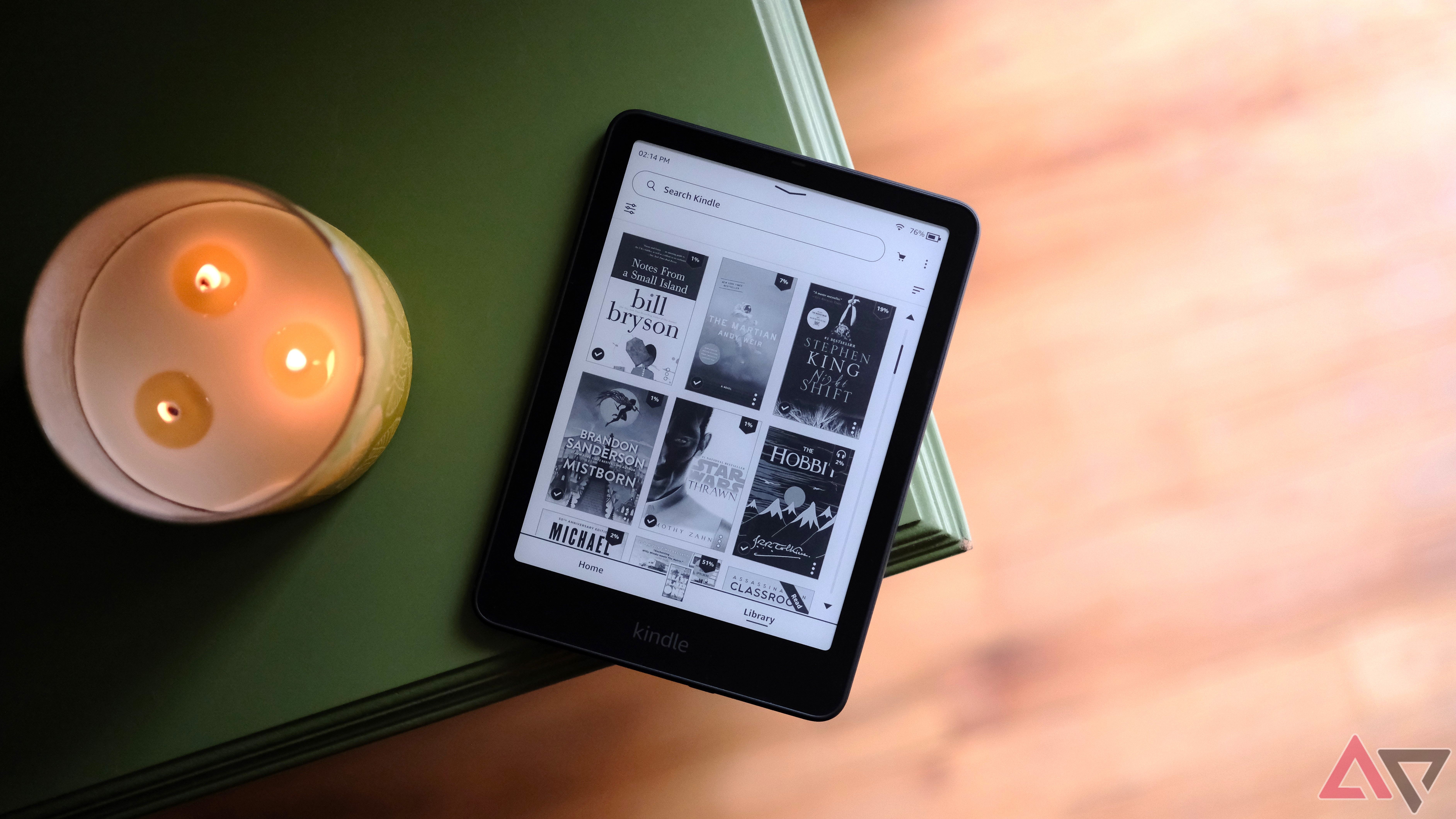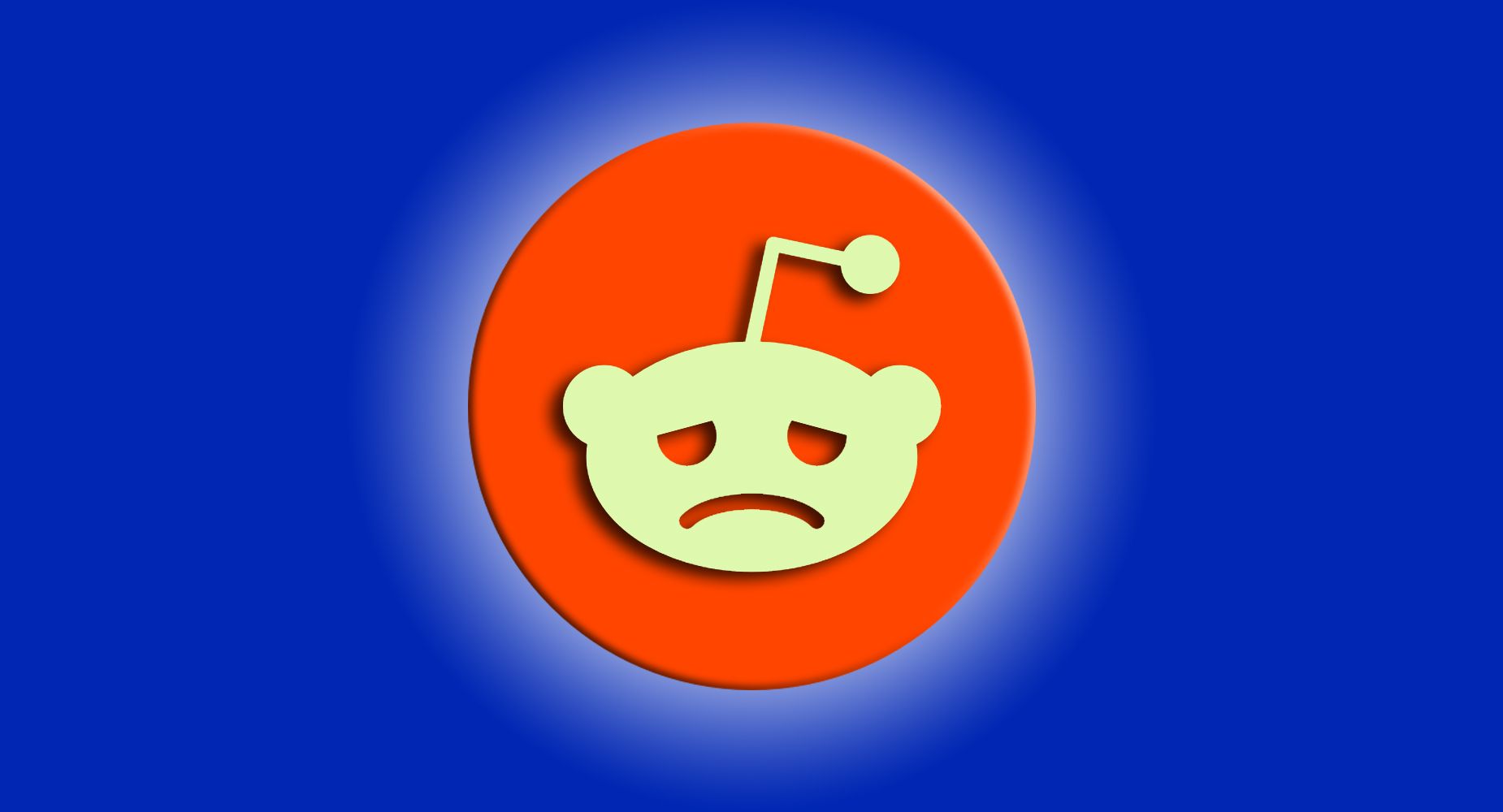In the more than 10 years since Amazon purchased Goodreads for a purported $150 million, none of the dire predictions of Amazon’s biggest detractors have come to pass. The site has become marginally more Amazon-centric by integrating with Kindle and placing Amazon purchase links above other vendors, but by and large, it’s basically the same site today as it was when it was acquired back in 2013.

Best e-book readers in 2024: Kindle, Kobo, Boox, and more
‘E-reader’ doesn’t just mean ‘Kindle’ any more
Goodreads hasn’t changed at all
Seriously, it looks almost exactly the same
In some respects, it’s a good thing Goodreads hasn’t changed. Many were afraid Amazon would change Goodreads to make it blatantly self-serving, prioritizing certain books over others for purely financial reasons, robbing users of the agnostic recommendations they loved. That mostly didn’t happen. Sure, Amazon is now the default purchasing option for books, but that doesn’t meaningfully change the experience of using Goodreads as a service.
When it comes to how Amazon’s acquisition of Goodreads affected the overall market, it’s hard to say with authority that it’s been a net positive, but there certainly hasn’t been a negative effect. In 2013, Goodreads had a respectable 15 million users; a decade later that number had exploded to 150 million users.

Kobo or Kindle: Which takes the crown in the e-reader scene?
Kindle has the ecosystem but Kobo can’t be ignored
Sales of e-books have also grown since 2013, when global e-book sales were around $3 billion. This year, e-book sales are estimated to be close to $15 billion dollars, which is the size of the total global book market in 2013. So, Goodreads still has plenty of users and they’re still buying plenty of books.
It’s fair to say that Amazon can take some credit for the continued growth of e-books over the past decade, but the same can’t necessarily be said for the growth of Goodreads. Yes, the user base jumped to 30 million in the year following Amazon’s purchase, but Goodreads was on an upward trajectory at that time, growing by up to a million users a month.
What to do with Goodreads
What do you do with 2013’s hottest social media platform for book lovers?
Having acquired this hot social platform with massive organic growth, it’s surprising what Amazon did with it next: absolutely nothing. Seriously, run over to the Wayback Machine and compare the website from 2013 to the website today. Some widgets have moved around, but it’s basically the same.
Goodreads exists in a sort of internet purgatory where Amazon isn’t willing to risk the wrath of the bibliophiles by shuttering it, but it also isn’t willing to meaningfully change Goodreads by updating the UI or features. Depending on how you look at it, this could be construed as a savvy business move. Goodreads isn’t just a social media platform for book lovers, it’s the social media platform for book lovers, and has been for a long time.
By buying Goodreads, Amazon simultaneously snuffed out a potential future competitor and got its hands on a wealth of user data, all for less than 1% of its 2013 revenue. By leaving Goodreads alone and allowing it to mostly continue on its organic growth trajectory, Amazon profits without lifting a finger.
On the other hand, Amazon may be ignoring Goodreads to its detriment. Ideally, websites change to meet the needs of their users, but Goodreads hasn’t changed in over a decade. It’s surviving on inertia at this point, and more users are finding what they want on modern sites and apps like StoryGraph and Bookmory.
Without embracing change, Goodreads is destined for the internet retirement home, playing shuffleboard with MySpace and Friendster.

Review: The Kindle Paperwhite (2024) feels stale and lacks polish
Amazon needs better quality control, yesterday
How to fix Goodreads
It needs to embrace the “social” in social media
Is it possible for Amazon to right this ship? Absolutely, but it will have to take a good look at the current landscape of online bibliophilia.
Take the social experience of Goodreads as an example. The two primary modes of social interaction on Goodreads are user reviews (which other users can comment on) and group discussions. Book reviews work almost exactly the same as YouTube videos. Users post reviews, and then other users comment on those reviews. This paradigm isn’t inherently flawed, but its implementation is painfully outdated.
One of the things that makes YouTube comments work is the fact that you can have a limited conversation with other commenters by tagging them and by having one level of collapsible comment replies. Goodreads has comment replies (but not user tagging), but they’re organized chronologically with all the other comments, and often, the commenter isn’t notified when someone replies to them.
As for discussions on Goodreads, they’re simply a very basic implementation of the classic internet forum with topics and replies. Forums are a fine form of social media, but there’s a reason you don’t see them as often as you used to: forums have evolved.
The way Reddit and Hacker News implement a forum is superior to the original incarnation and is better at fostering multiple conversations at once. That’s why book communities are thriving on Reddit and Discussions on Goodreads only get a few posts a month.

The 4 best Reddit alternatives: Top picks to replace your subreddits
Build your communities elsewhere now that most Reddit third-party clients are dead
Don’t hold your breath for change
That’s only the tip of the Goodreads iceberg. Long-time Goodreads users tend to have a laundry list of features they would like added or updated that they will gladly share.
When you look at enough of these, you notice there’s a lot of overlap on these lists. Users want their Amazon purchases automatically added to their library, they want to end reviews of unreleased books, they want tags, to rate reviewers, and smarter recommendations. And they want it all yesterday.
Sadly, it’s not that Amazon can’t hear the calls for a refreshed Goodreads, it’s that it just doesn’t care.



